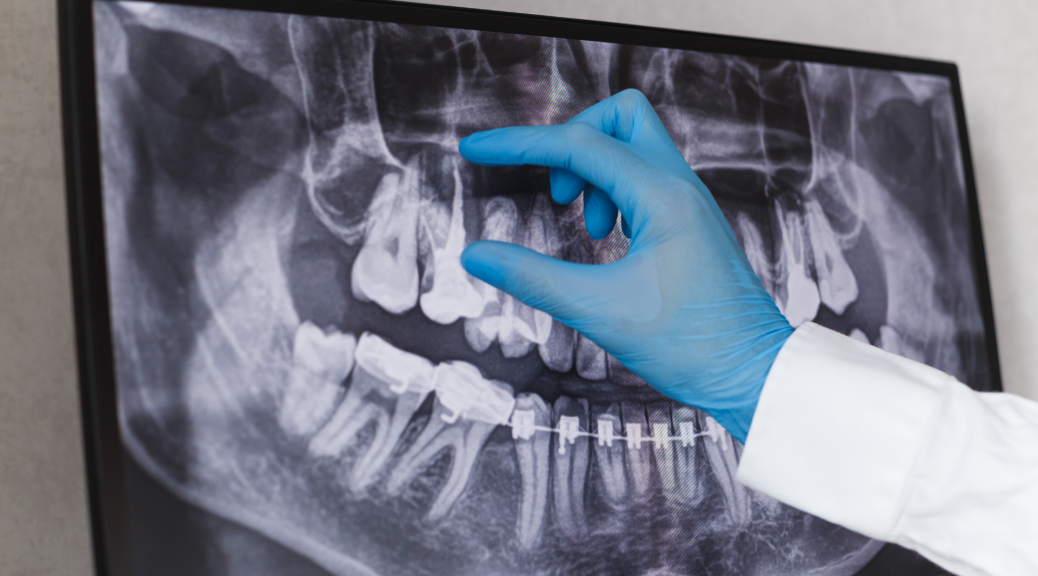If you are unfamiliar with what a root canal procedure entails, chances are good that you have many questions about what will happen during a root canal. While root canals can be an undertaking, keep in mind that they help your overall oral health. For some people, going without this procedure may result in multitudes of other dental dilemmas as time goes on. Knowing both what a root canal is and what the procedure entails will better prepare you for the process.
What Is a Root Canal and Why Do I Need One?
The American Association of Endodontists (AAE) explains, “Root canal treatment is designed to eliminate bacteria from the infected root canal, prevent reinfection of the tooth and save the natural tooth. When one undergoes a root canal, the inflamed or infected pulp is removed and the inside of the tooth is carefully cleaned and disinfected, then filled and sealed.” The AAE also emphasizes that when the pulp, or the soft tissue inside the root canal, becomes inflamed or infected, root canal treatment is necessary. Other reasons for needing a root canal might include:
- Deep decay
- Repeated dental procedures on the tooth
- Faulty crown
- Crack or chip in the tooth
However, the positives when receiving treatment outweigh the negatives. Saving the natural tooth with root canal treatment has many advantages:
- Efficient chewing
- Normal biting force and sensation
- Natural appearance
- Protects other teeth from excessive wear or strain
Does It Hurt? What To Expect During and After a Root Canal.
While there is some discomfort associated with a root canal procedure, modern techniques and anesthetics have made the process more comfortable. There may be tooth sensitivity for a few days, which can be remedied by using over-the-counter or prescription medications. Many patients have even been able to return to school or work shortly after the procedure.
Still Feeling Nervous?
Knowing what to expect can take the edge off when it comes to your root canal appointment. Generally, you can also prepare with confidence by building a relationship with your dentist, who will tell you more about the specialist(s) you will be referred to in the future. Additionally, here are some tips on how to feel calmer about your dental visit.
Schedule an appointment with our team today to learn more about your overall dental care. Remember, preventative care is the best way to maintain your smile and reduce your chances of needing a root canal.








